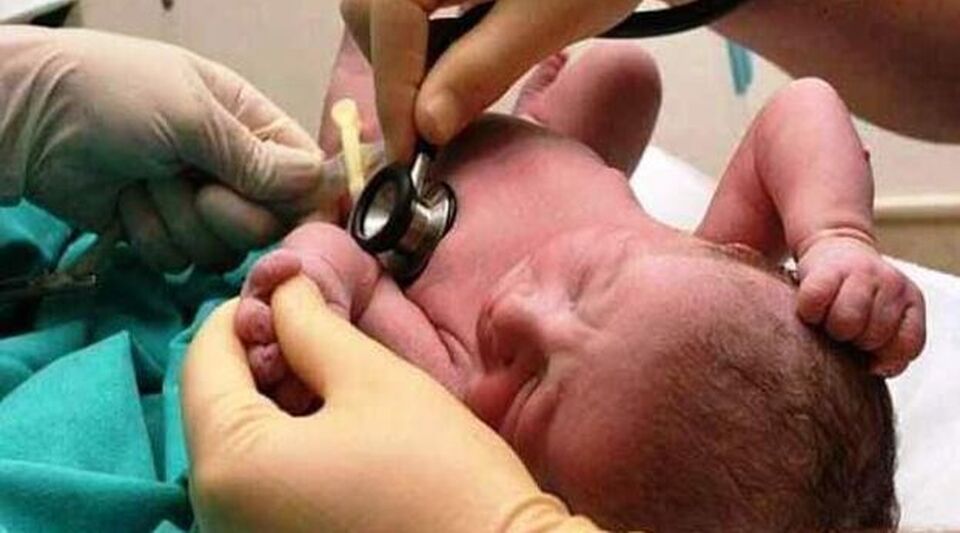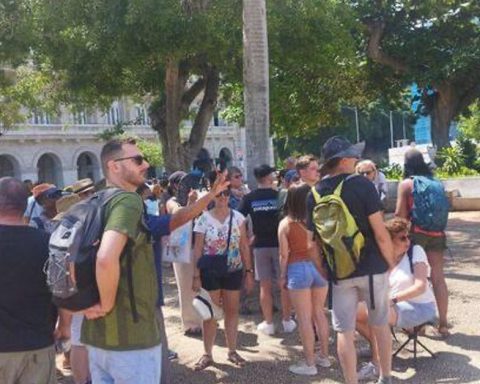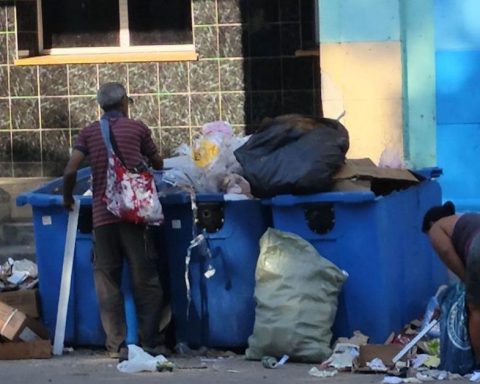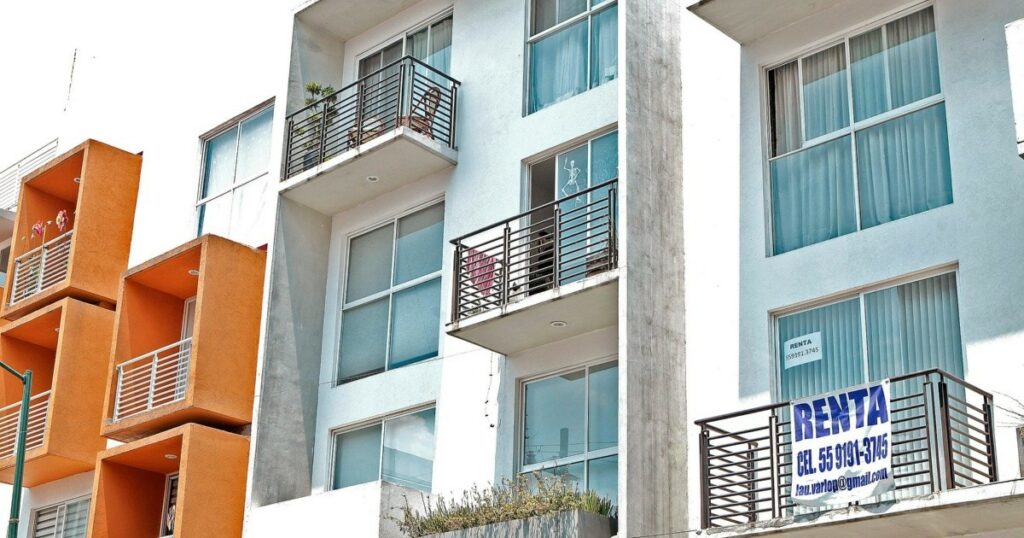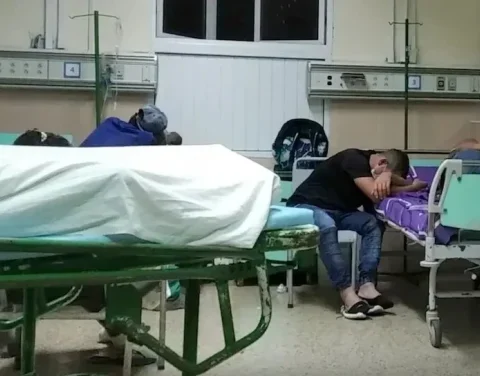One of the main doubts raised by the so-called “solidarity gestation” included in the Family Code passed in referendum on Sunday, September 25, is whether it will become one more tool of the Cuban Government to attract medical tourism.
In the world, there are very few countries that allow this practice, which is also called surrogacy, surrogate gestation or – by its detractors – surrogacy, and which consists of one or two people (from a different or same sex) who want to be parents agree with a woman to be the surrogate of the baby. For this reason, some of these nations are the destination of all those who want to be parents and cannot otherwise (infertile heterosexual couples and homosexual couples of men, mainly).
The list includes to several US states (California, Illinois or Utah), Canada, Portugal, Greece, Russia, Ukraine, Georgia, India, Nepal, Thailand, two states of Mexico (Tabasco and Sinaloa) and, since the Code entered into force of Families, also Cuba.
The ethical and legal debate is intense. For some, it supposes the commodification of the woman’s body (such as, for example, prostitution); for others, it is the woman’s prerogative to do what she wants with her body, as long as it is consensual.
Two things are clear. First, that gestation by substitution would not exist without the development of assisted reproduction techniques, which make it possible to fertilize in vitro an egg and implant it in any uterus, so that whoever gives birth is no longer necessarily a biological mother. And second, that if it is allowed, it must be protected by very clear legislation (the law, specifically, must recognize the affiliation of the baby with the biological parents, not with the surrogate mother).
Given the lack of transparency of the laws, there was no shortage of cases of fraud against couples and, even worse, of abuse of pregnant women or the abandonment of newborns
Thailand or Tabascofor example, took advantage for years of legal loopholes – and a situation of extreme poverty for many women – in such a way that a myriad of intermediary agencies proliferated and a whole business serving foreigners who, among other things, paid less than in places where the regulation was very clear, like in California or Canada.
Given the lack of transparency of the laws, there was no shortage of cases of fraud against couples and, even worse, abuse of pregnant women or neglect of newborns, and the scandals caused things to change. Thus, today, in Thailand and Tabasco, as in Sinaloa and India, surrogacy is not allowed for foreigners.
This is not the case in Cuba, where the recent Family Code does not mention possible restrictions based on nationality. A new claim for tourism, which has not raised its head since the covid pandemic began, based on the vaunted fame of medical power?
In principle, this could not be the case, from the very name: gestation is considered “solidarity” because, as stated in the rule in its article 130, “any type of remuneration, gift or other benefit is prohibited, except for the legal obligation to give food in favor of the conceived and the compensation of the expenses that are generated by the pregnancy and childbirth”.
However, no limits are set for those “expenses generated by pregnancy and childbirth” and, on the other hand, foreigners in Cuba know that free healthcare –unlike capitalist countries like the United Kingdom or Spain– does not does not cover in any way and that, on the contrary, the prices of services in hospitals on the Island are prohibitive.
Foreigners in Cuba know that free healthcare does not cover them in any way and that, on the contrary, the prices of services in hospitals on the island are prohibitive
For now, in any case, the Family Code is attracting the attention of the main experts on the subject.
The Argentine María Mercedes Albornoz, specialist in Private International Law and professor at the Center for Economic Research and Teaching (CIDE) of Mexico, published newly approved standard a post in which he analyzed this “innovative” aspect of the new Code, to which he concedes that “the recognition that there is not a single family model but rather a plurality of family structures accepted by the legislation constitutes a milestone in Cuban family law.”
However, he predicts that “it will still be necessary to modify other laws or enact new regulations in specific areas in order to be in a position to put the innovations of the Family Code into practice” and that “the greatest challenge” of the regulation will be “that of the implementation”.
Albornoz, who has spent years studying the legal details involved in surrogacy and the problems it has raised in the international arena As there is no worldwide unanimity in the criterion of filiation, he observes in the Cuban Family Code that “some questions are still not sufficiently clear or generate doubts of interpretation.”
To begin with, it highlights that “it has been decided not to provide a definition of joint gestation, which may generate doubts about its legal nature and the formal validity requirements of the agreement.”
In the same way, he is struck by “the silence on the maximum age and the country of domicile or habitual residence and the nationality of the person who wishes to be a mother or father through solidarity gestation.”
“It has been decided not to provide a definition of joint gestation, which may generate doubts about its legal nature and the formal validity requirements of the agreement”
This, he predicts, “would open the doors of the island to reproductive tourism for relatives or people who have emotional closeness with residents in Cuba, with the characteristic that pregnant women will not be able to receive economic compensation for the pregnancy.”
It is also striking for Albornoz, with respect to the surrogate mother, that the age requirement is to be 25 years old, but a maximum limit is not established beyond indicating “having an age that allows ‘successfully carrying the pregnancy to term’ (art. . 132, d)”, nor is she required to have gestated at least once before (which would be an indication that her body is suitable for the procedure).
Here, Albornoz detects a confusion in the Code: “It is required that the future pregnant woman does not provide her ovum (art. 132, f). Regarding this point, there seems to be a contradiction with what is established about multiparenthood in article 57, 1, a, which would allow the surrogate mother to provide her egg, or not to do so”.
On the doubts raised by the norm, he insists, asking the air (taking into account the Cuban reality, almost rhetorically): “How will affective closeness be proven? How much time of friendship prior to solidary gestation is required? Although access If health care is free for those residing in Cuba, would the Cuban State collect medical expenses in cross-border cases? Would it obtain economic benefits? If so, how would it avoid discriminating against those residing in this Caribbean country against those residing in the foreigner? Would Cubans residing abroad have free access in Cuba to the medical services necessary to fulfill a solidarity gestation agreement?
Perhaps the Tourism and Welfare Fair, which was held in Havana this week, provided some answers, although until now it has not transpired in the official media if there was talk of including reproduction techniques within Cuba’s “offer” for foreigners , and at what prices.
________________________
Collaborate with our work:
The team of 14ymedio is committed to doing serious journalism that reflects the reality of deep Cuba. Thank you for joining us on this long road. We invite you to continue supporting us, but this time becoming a member of our journal. Together we can continue transforming journalism in Cuba.
